
Unified Socialist Flexes Political Muscle for Provincial Control
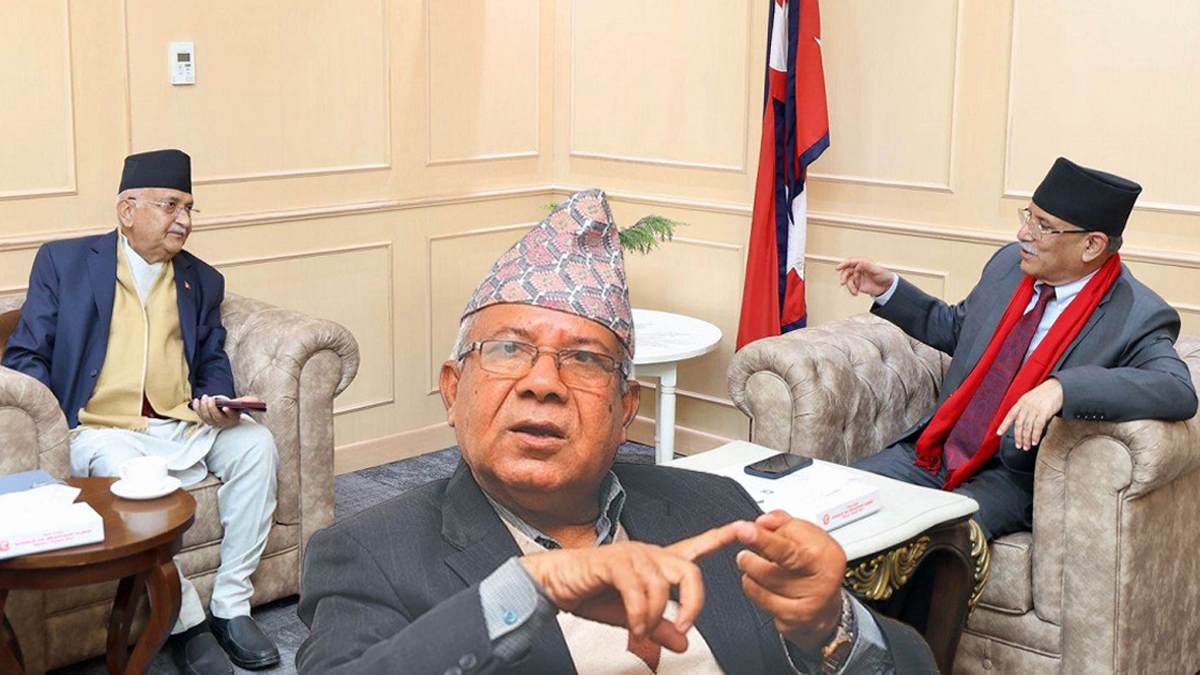
The Communist Party of Nepal (Unified Socialist) has issued a strong demand for the chief ministerial position in at least one province. Unified Socialist Chairman Madhav Kumar Nepal vocalized this demand during a meeting attended by top leaders of the five parties within the ruling coalition.
The meeting, however, ended inconclusively as the Chairman of the Communist Party of Nepal (Maoist Center) and Prime Minister, Pushpa Kamal Dahal, along with the Chairman of the Communist Party of Nepal (Unified Marxist–Leninist), KP Sharma Oli, did not concur with the Unified Socialist’s demand.
Chairman Nepal emphasized the importance of equitable distribution of power within the coalition, particularly in appointments to constitutional bodies. He warned that without such fair distribution, his party would refrain from participating in the formation and preservation of provincial governments.
This stance has immediate implications, notably in the Bagmati province, where Chief Minister Shalik Ram Jammakattel had scheduled a floor test for Monday. The Unified Socialist’s position, stemming from its split from the Unified Marxist–Leninist party, adds a new layer of complexity to the political landscape.
Krishna Khanal, the Unified Socialist parliamentary party leader in Bagmati, expressed concerns over the coalition’s motives, suggesting that it was driven solely by a quest for power rather than ideological alignment. He stressed the necessity for his party to have a fair share of influence.
Unified Socialist currently holds significant representation in various provinces, including Koshi, Bagmati, Gandaki, Karnali, Lumbini, and Far West. This demand for increased influence challenges the previous power-sharing arrangements, which had been agreed upon by Oli and Dahal, with different parties leading various provinces.
The ongoing negotiations and power struggles within the ruling coalition underscore the fluidity of Nepali politics. The formation of the current coalition emerged after a series of shifts and realignments, including Dahal’s departure from the pre-election alliance with the Nepali Congress and Unified Socialist, eventually leading to his tenure as Prime Minister.
Dahal’s recent need for a floor test, following the withdrawal of support from the Nepali Congress, reflects the volatile nature of coalition politics in Nepal. As the Unified Socialist asserts its demands for provincial control, the future of the coalition and the stability of provincial governance remain uncertain.
- President Paudel Emphasizes Support for Small and Cottage Industries at Trade Fair
- Additional postal service will be gradually phased out: Minister Sharma
- Govt ignoring major opposition’s concern: Chief Whip Lekhak
- Former Finance Minister Emphasizes Need for Stronger Regulation in Cooperative Sector


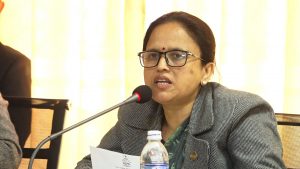
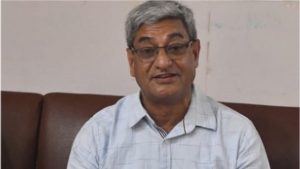
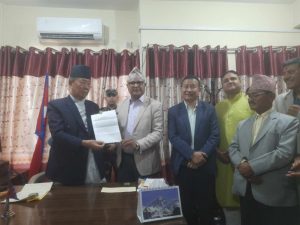
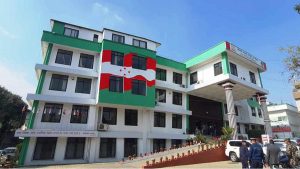

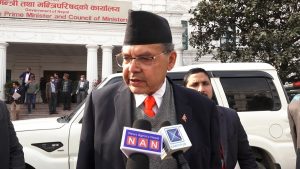



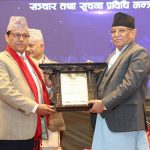


Comments